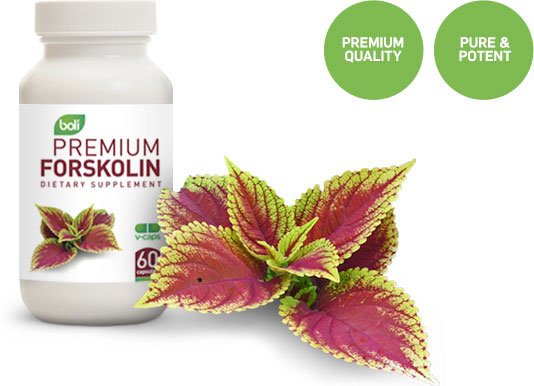Heart-Healthy Meal Plans
Your heart pumps blood to the arteries and lungs, and also supplies your tissues with oxygen and nutrients. Over time, a diet full of unhealthy foods can clog the arteries and contribute to cardiovascular disease. Healthy meal plans can prevent hardening of the arteries and reduce your risk of heart disease. Here are some tips to remember when you’re planning heart-healthy dishes.
Eat Only Natural, Nutrient-Rich Foods
Processed foods are full of unhealthy chemicals, sugar and man-made fats that contribute to cardiovascular problems. In addition, processed foods have no nutrition. When you eat them, you take in a bunch of empty calories that can cause weight gain.
Foods are considered processed when they have been altered from their natural state. Basically, anything boxed, canned, dried or frozen is processed. Some examples of these foods include:
Natural foods are rich in nutrients and low in calories. When you eat them, you reduce your risk of plaque buildup in the heart and lower your chances of cardiovascular disease. Natural foods to add to your diet include vegetables, fruits, fish, lean meats, poultry, raw nuts, beans, legumes, seeds and eggs.
When you prepare meats, choose only the leanest cuts. Remove skin from chicken before cooking it. Also, don’t add creamy sauces to meats and veggies. Instead, use lemon juice, apple cider vinegar and fresh herbs to flavor.
Stay Away From Trans Fats
Studies show that trans fats increase cholesterol levels, stiffen the arteries and raise the risk of heart disease. Trans fats are created by mixing hydrogen gas with vegetable oil to turn it into a solid. These fats are mainly used in foods like cakes, cookies, pies, fried chicken, French fries, margarine, crackers, frosting and microwave popcorn.
Even though trans fats are unhealthy, manufacturers use them because they are cheaper than other types of oils and they increase the shelf life on food. Restaurants love using trans fats because they can be reheated repeatedly without breaking down. When you eliminate processed foods from your diet, your risk of eating unhealthy trans fats is reduced.
Add More Fish and Olive Oil to Your Diet
The American Heart Association recommends eating fish at least twice a week. Fatty fish like herring, salmon, trout and anchovies are full of heart-healthy omega-3. Omega-3 is a type of unsaturated fat that has been shown to reduce inflammation throughout the body. Inflammation in the body increases the risk of heart disease because it can cause damage to the arteries.
Also, making olive oil a staple in your diet can lower your chances of heart attacks because it reduces cholesterol levels. Implement more olive oil in your diet by using it to cook meals, and make salad dressings and dips for veggies.
In addition to eating a nutritious diet, getting at least 60 minutes of cardiovascular exercise, five days a week can reduce your risk of heart disease. Some excellent types of cardio exercises include:
If you want to protect your arteries and prevent cardiovascular disease, get your eating habits in check. Instead of filling up on processed junk foods, include more fish, vegetables, nuts, fruits, beans legumes, seeds and skinless poultry in your diet.
-
7 Counterintuitive Ways To Lose Weight
ereidveto via Getty Images It doesnt matter i
-
Weight Watchers And Me Or 3 Sure-Fire Rules To Losing Weight
We are like soldiers going to battle. Each with determined looks a
-
Are You Trying To Gain Weight?
Many individuals-who are primarily into
-
Health Care - Weight Loss in Teenagers
Obesity in teenagers is a rapidly increa
-
The Right Way To Start A Diet
(BlackDoctor.org) — Ever start a diet or workout r
-
Lose Belly Fat 4 Tips That Work
You can lose belly fat more easily than you might think. A determined
- DON'T MISS
- Speed Your Metabolism and Burn Away Fat
- Simple Weight Loss Tips That Get Great Results
- Why Are Americans So Fat?
- Why Obesity Is One Of The Most Difficult Medical Conditions To Permanently Cure
- I Want The Best Fuel Economy
- Kick That Pot Belly to the Curb
- Lose Weight And Feel Great With These Tips
- How to Lose Fat -- Increase Metabolism
- Weight Loss Tip Dont Let Them Profit From You
- Drink Water – Lose Weight!




